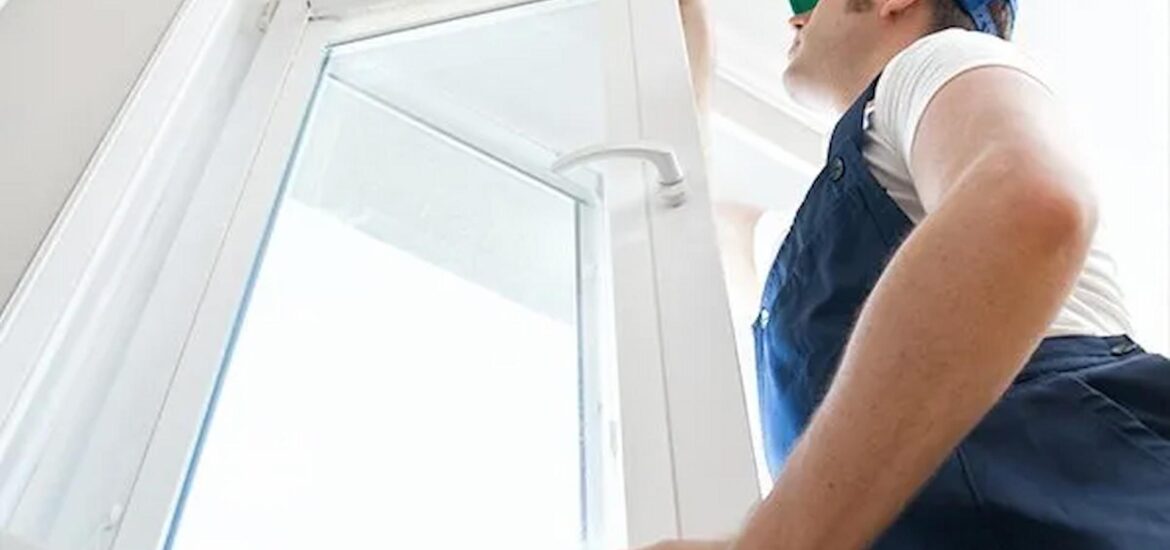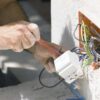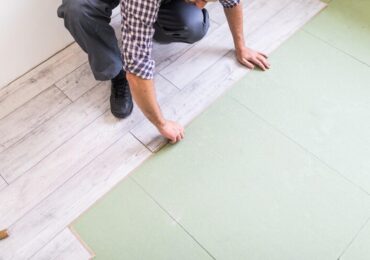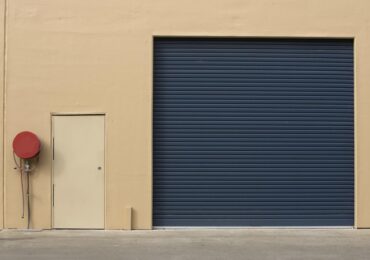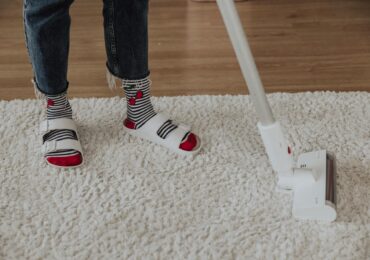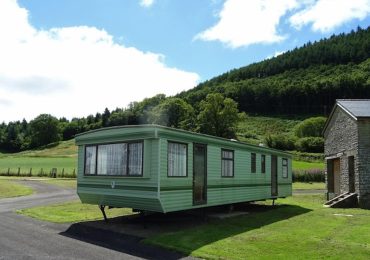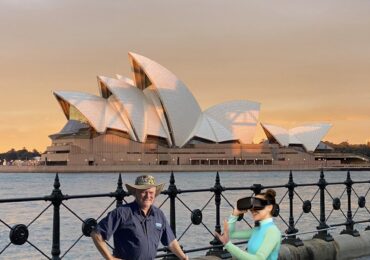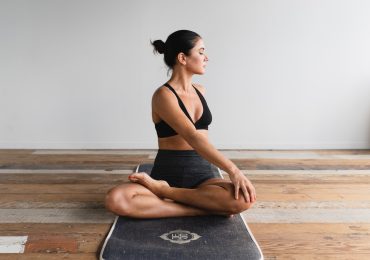What’s low-E !? Low E means ‘Low Emissivity’ – emissivity is defined as the amount of radiation emitted or absorbed from a surface.
What’s Spectrally Selective Window Glazing?
A glazing technique called spectrally selective glazing allows some wavelengths of the sun’s spectrum to enter a property while excluding others. The maximum amount of daylight is let in while the maximum amount of solar heat is kept from being transmitted by this increased glazing.
Sometimes when our window is cracked or broken somehow then we need to do emergency window repair.
Advantages
Allowing Sunlight To Enter
Low-E coatings with light-harvesting properties can be used to deflect or ignore different areas of the solar spectrum. Because of this, items strengthened with this glazing technology are able to give a lot of natural lighting without letting in too much solar heat gain.
Sometimes we need emergency window repair.
Reflecting Infrared Rays From The Sun
In addition to absorbing interior heat, Low-E glass limits the entry of ultraviolet light from the sun into your house. Its superior reflective abilities keep your inside comfortably cool, even in the warm months, negating the requirement to crank up the air conditioning.
Keeping Heat Indoors
The term “emissivity” describes the glass’s capacity to emit the radiation it absorbs. More heat is transferred to the exterior as it rises. Low-E glass minimises heat resistance as a result. Its light-emitting quality is correlated with the U-factor of the window. The National Window Rating Commission recommends that a window’s U-factor be as small as feasible.
All Natural Light Is Not Blocked By Low-E Windows
Yes, Low E glasses prevent UV and infrared light, but daylight is also a crucial part of the solar spectrum. Of course, compared to a transparent glass pane, they will significantly decrease apparent light. However, a lot of natural daylight will make your space appear brighter. If it didn’t, you could just as well turn that glass into a wall.
UV Rays Are Less Harmful Through Low-E Windows
Ultraviolet (UV) light is lessened by these coverings. You’ve apparently felt UV light waves at the beach; they cause clothes to gradually lose colour (burning your skin). Your flooring, furniture, draperies, carpets, and other items can all be protected from fading and sunburn damage by blocking UV radiation.
Conclusion
The use of light-harvesting glazing dramatically lowers building energy usage and demanding situations by limiting solar heat gains in the summer, avoiding interior heat loss in the winter, and enabling occupants to require less lighting system by maximising daylight.
Light harvesting film uses cutting-edge technology to control the sun’s heat, just like photonic crystals window glass or glazing.

